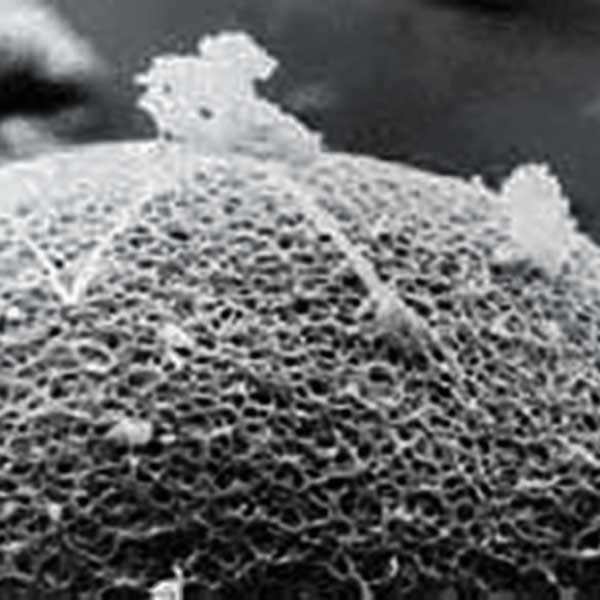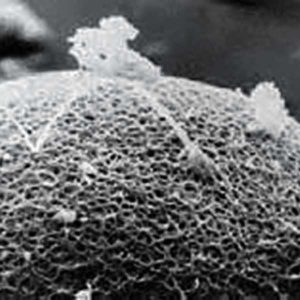
“True” Equine IVF Yields Success!
 Standard to other species (notably humans) “In Vitro Fertilization”, wherein an oocyte and sperm are introduced together in a petri dish and a pregnancy results, has been an abysmal failure in the equine. In fact, up until now, there have only been two foals successfully produced using true equine IVF, and that was back in the early 1990s. As a result, a different – more costly – method has been utilized to reasonably good success – ICSI.
Standard to other species (notably humans) “In Vitro Fertilization”, wherein an oocyte and sperm are introduced together in a petri dish and a pregnancy results, has been an abysmal failure in the equine. In fact, up until now, there have only been two foals successfully produced using true equine IVF, and that was back in the early 1990s. As a result, a different – more costly – method has been utilized to reasonably good success – ICSI.
Newly released results however from researchers at the University of Pennsylvania (New Bolton) have given new hope for the cheaper and easier equine IVF method. Dr. Katrin Hinrichs – who did much of the early work with the ICSI process, as well as the associated techniques of nuclear transfer (“cloning”) – along with her team have announced the birth of three healthy foals produced using “traditional” equine IVF methods. With an excellent replication rate – 90% fertilization rate, with 74% of the fertilized eggs giving rise to blastocysts – this has the potential to open new doors for IVF being performed by even a regular veterinarian specializing in equine reproduction.
The key to the success appears to be the development of a new medium in which to perform the process, containing the compounds penicillamine, hypotaurine, and epinephrine. Previously – among other issues – the reduced longevity of the in-vitro sperm negatively impacted the ability to achieve the various changes through which a sperm must go before being able to achieve penetration of the oocyte (“fertilization”).
More information about this exciting news can be obtained from the University of Pennsylvania’s web site article at https://penntoday.upenn.edu/news/making-true-equine-ivf-reproducible-success


